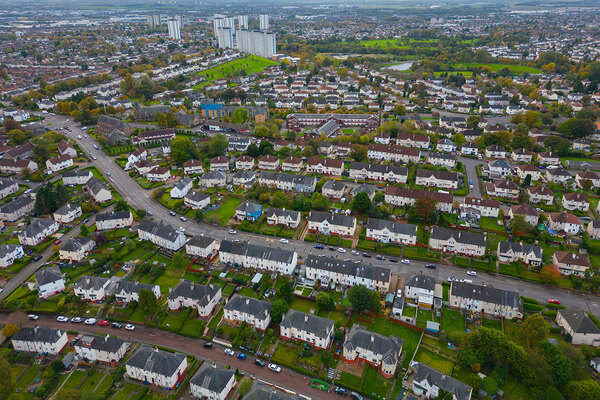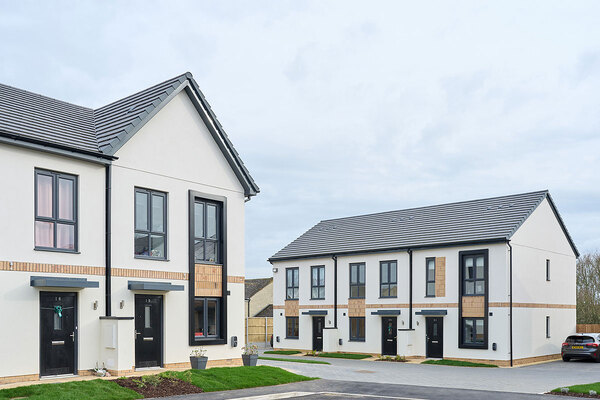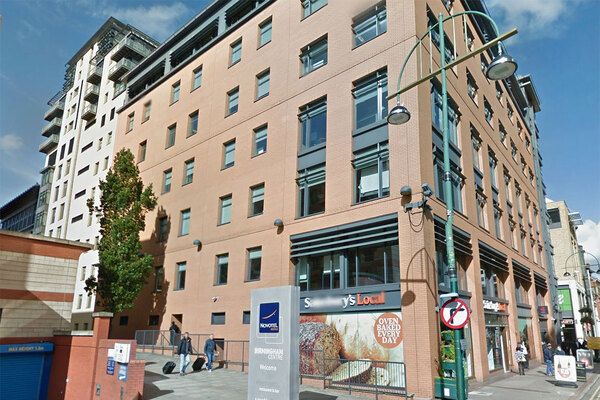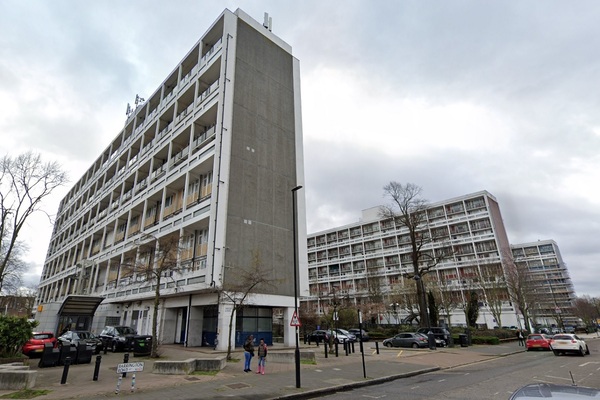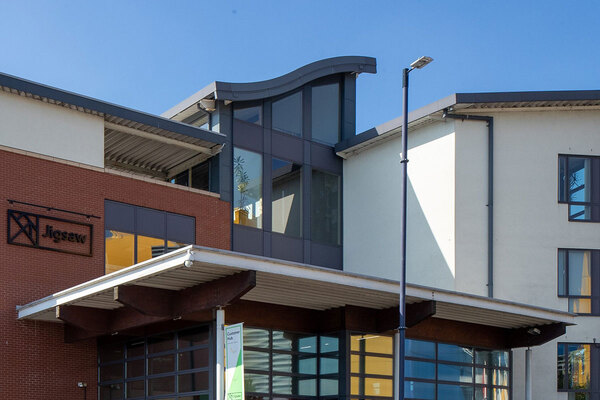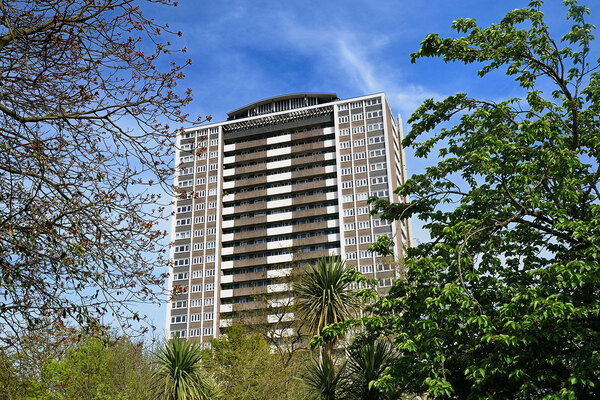You are viewing 1 of your 1 free articles
 Sian Evans
Sian EvansSian is an experienced speaker, presenting on such topics as ...more
Increase in compensation claims for disrepair
The claims management industry is increasingly encouraging tenants to seek compensation from social landlords, warns Sian Evans of law firm Weightmans
 Sian Evans
Sian EvansSian is an experienced speaker, presenting on such topics as ...more
Compensation claims against housing associations for issues of property disrepair aren’t a new thing. If a tenant has raised an instance of disrepair with their housing provider which hasn’t been remedied in a reasonable amount of time, they may be entitled to compensation. So far, so fair.
“The cynical tactic is designed to encourage multiple claims in an effort to overwhelm the landlord.”
However, the claims management industry is increasingly targeting social housing tenants with aggressive marketing tactics, encouraging them to make claims which are then sold on to law firms.
The cynical tactic is designed to encourage multiple claims in an effort to overwhelm the landlord and limit its ability to defend each claim.
To take the cases of two housing associations which my firm advises, we’ve seen the volume of disrepair compensation claims they’ve faced increase dramatically over the past year.
One client, which was subject to fewer than 10 claims in the year to April 2016, saw this rise to more than 70 in 2016/17. Another separate organisation saw its exposure increase by more than 400% in the same period.
Those figures are stark and they’re backed up by anecdotal reports of estates being targeted with cold-calling and letter drops from claims farmers.
This stems from the fact that legislation, introduced in 2013, has limited the amount of compensation that can be awarded for small personal injury claims – so-called slips, trips and falls.
As a result, the substantial claims management industry which developed around personal injury claims has had to look elsewhere to make its money.
Housing disrepair claims are not affected by the restrictions and, therefore, these cases are often valued in their thousands, making them an attractive target.
The big risk for social landlords comes from the additional legal costs they can be exposed to, which few are likely to be insured for.
Cases can cost anywhere between £1,000 and £30,000 to defend or settle, depending on whether it includes an associated claim for illness or injury.
While some claims will of course be legitimate, others will be groundless. The challenge of defending against them is exacerbated by poor record-keeping in the sector.
“The big risk for social landlords comes from the additional legal costs.”
There are often mitigating factors (unsuccessful attempts to gain access to a property to inspect or remedy a reported problem are common, for example) which can only form part of a defence if they are documented.
If a landlord doesn’t have a paper trail to prove when and how they have responded, they could have little choice but to settle.
This issue is not going to go away in the short term. If unscrupulous claims farmers are to be combatted, providers of social housing need to increase awareness across their workforces of the requirement to fully document any instances of disrepair being logged and keep good records of the actions they’ve taken.
Lord Jackson is currently carrying out a review of fixed recoverable costs and whether disrepair claims should come within that regime. If fixed fees are introduced, it may mean that disrepair claims dramatically reduce. Until then, the issue is a growing financial risk.
Sian Evans, sector lead for housing, Weightmans
Related stories



